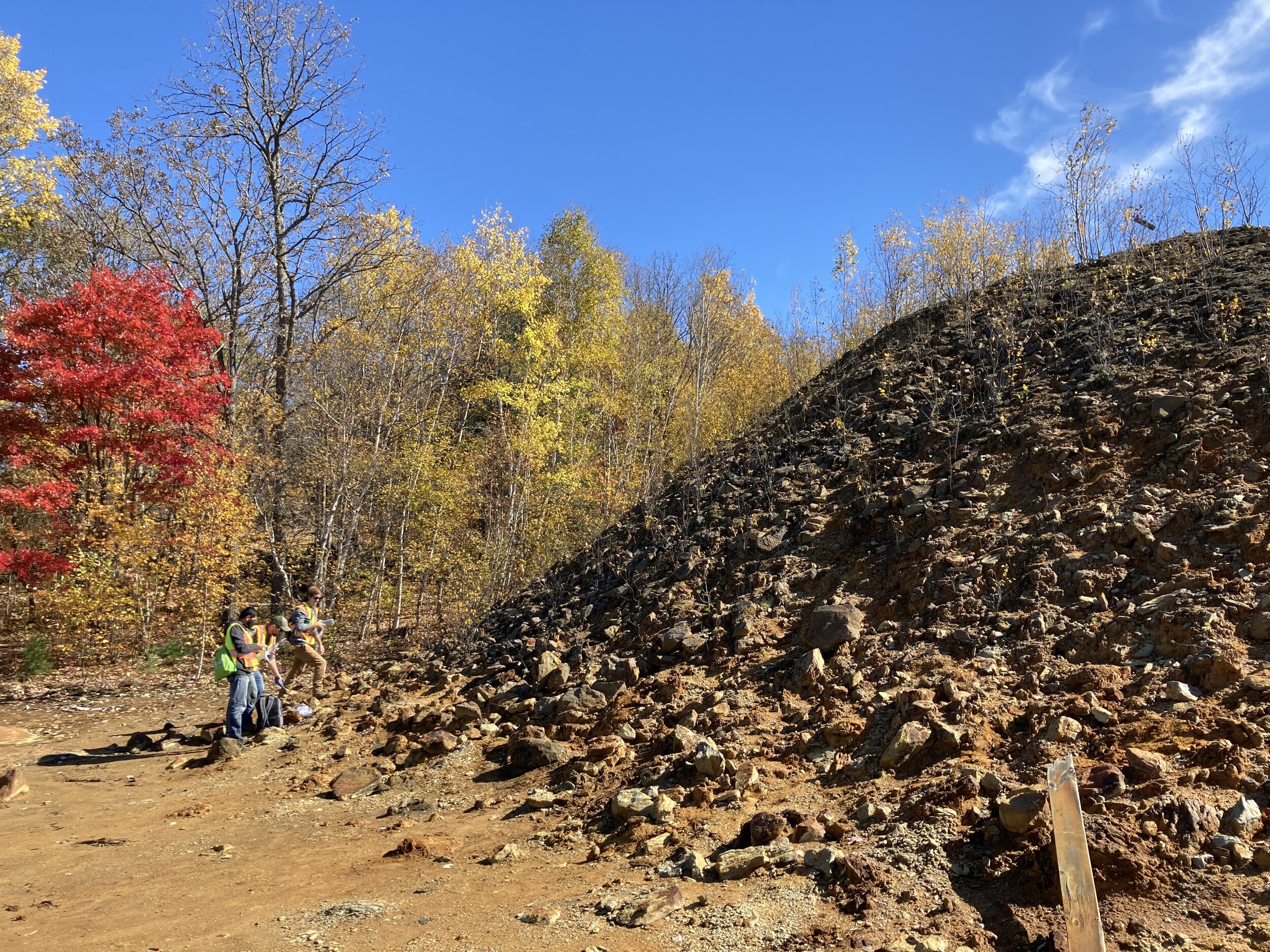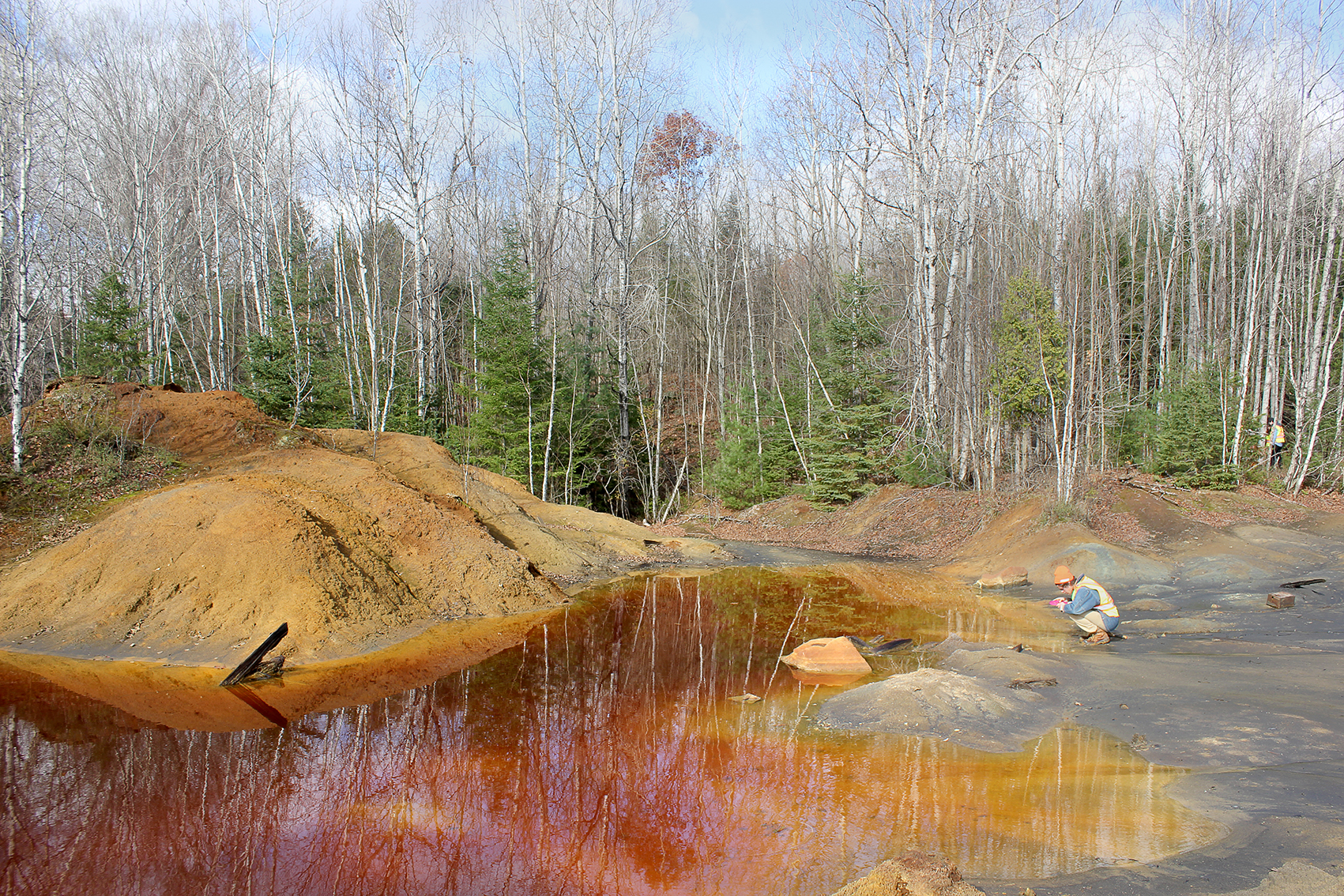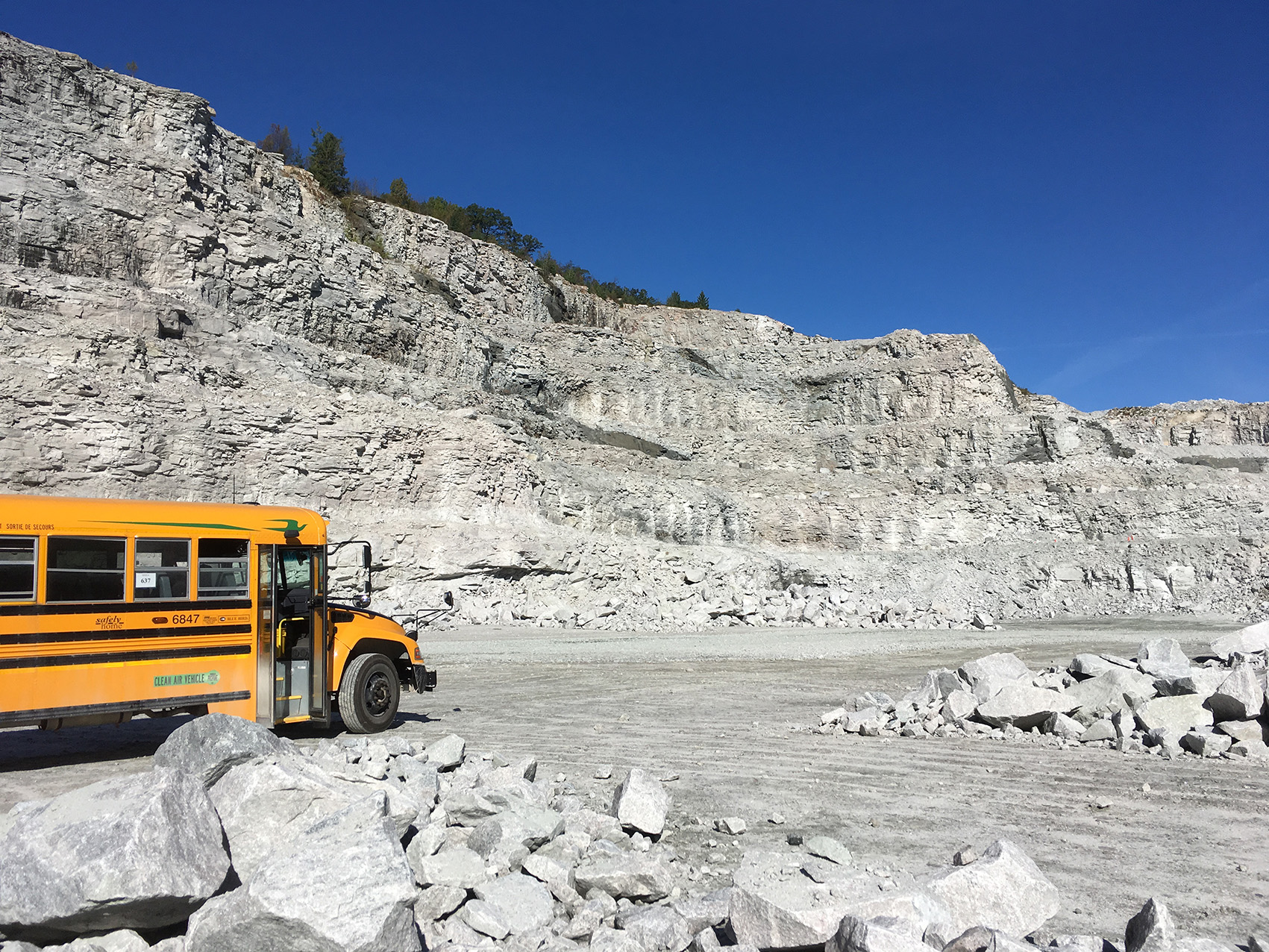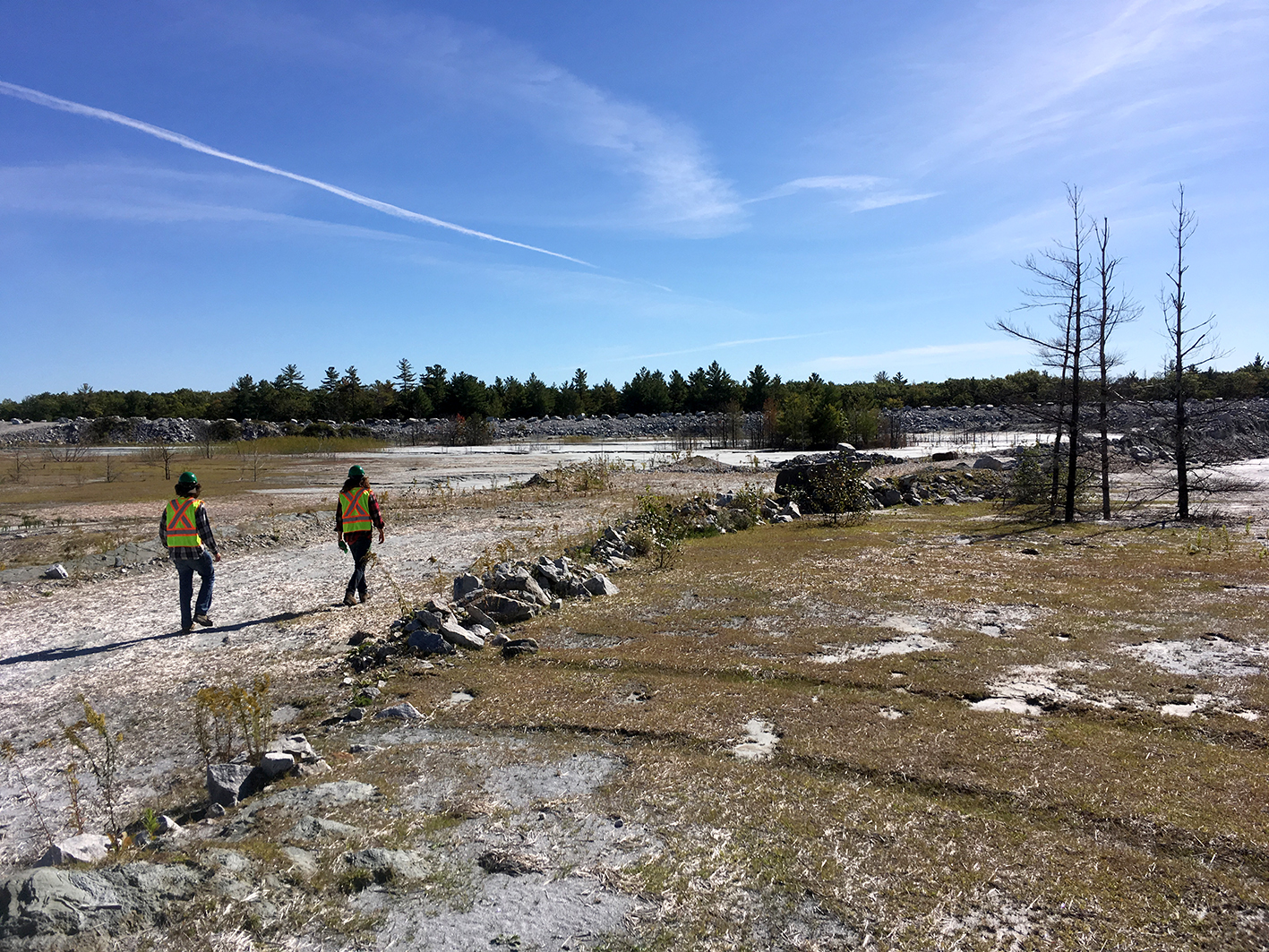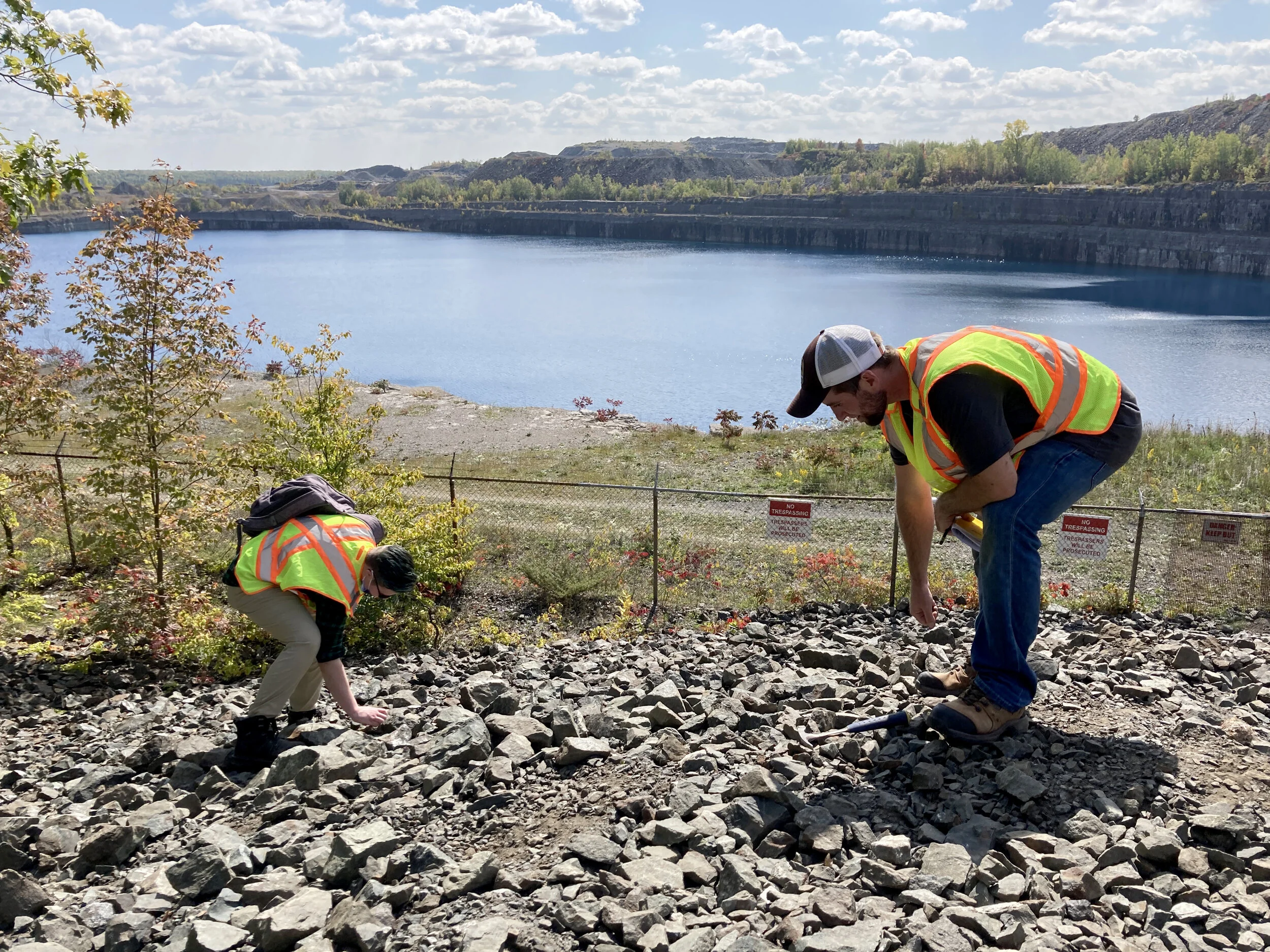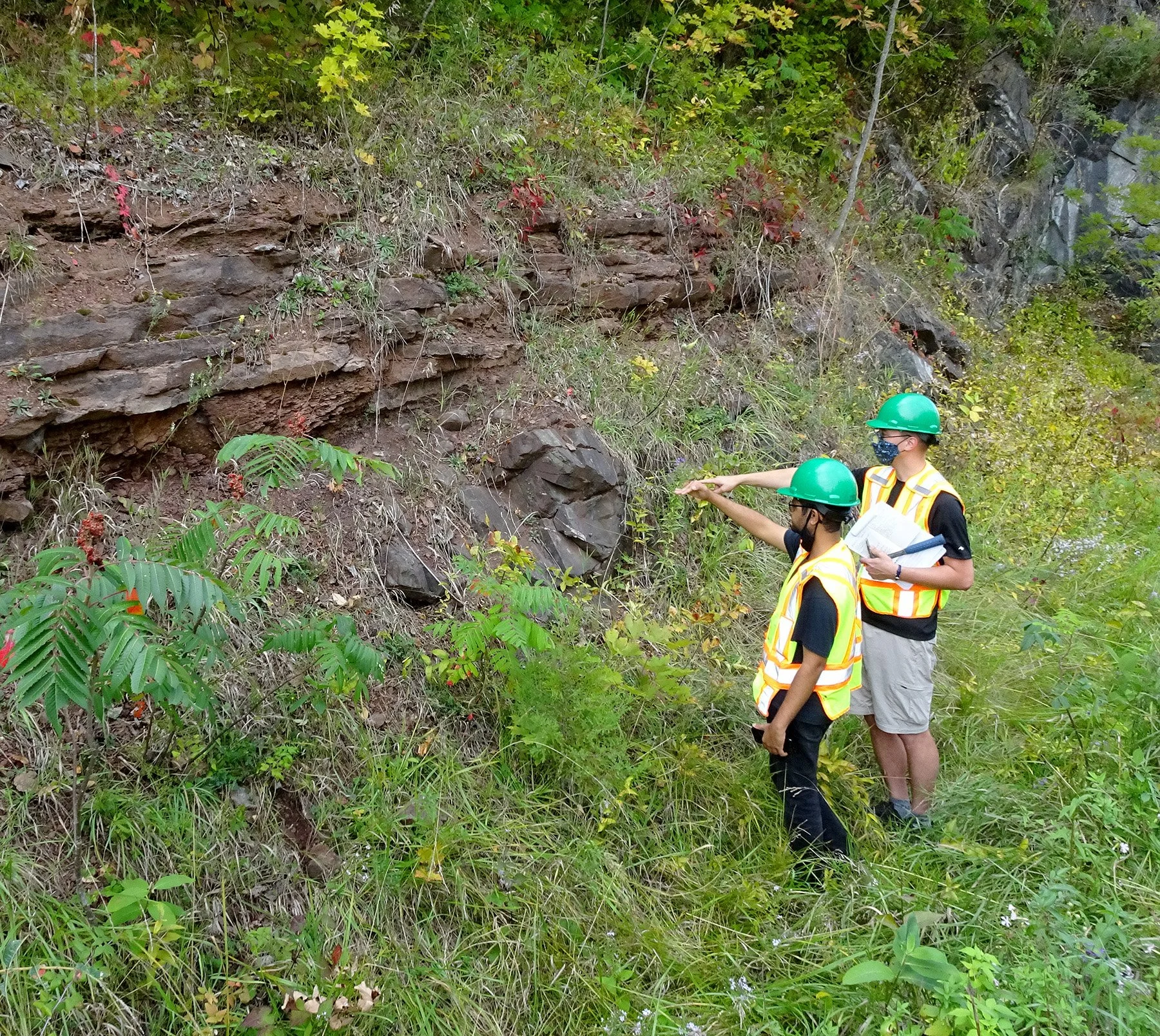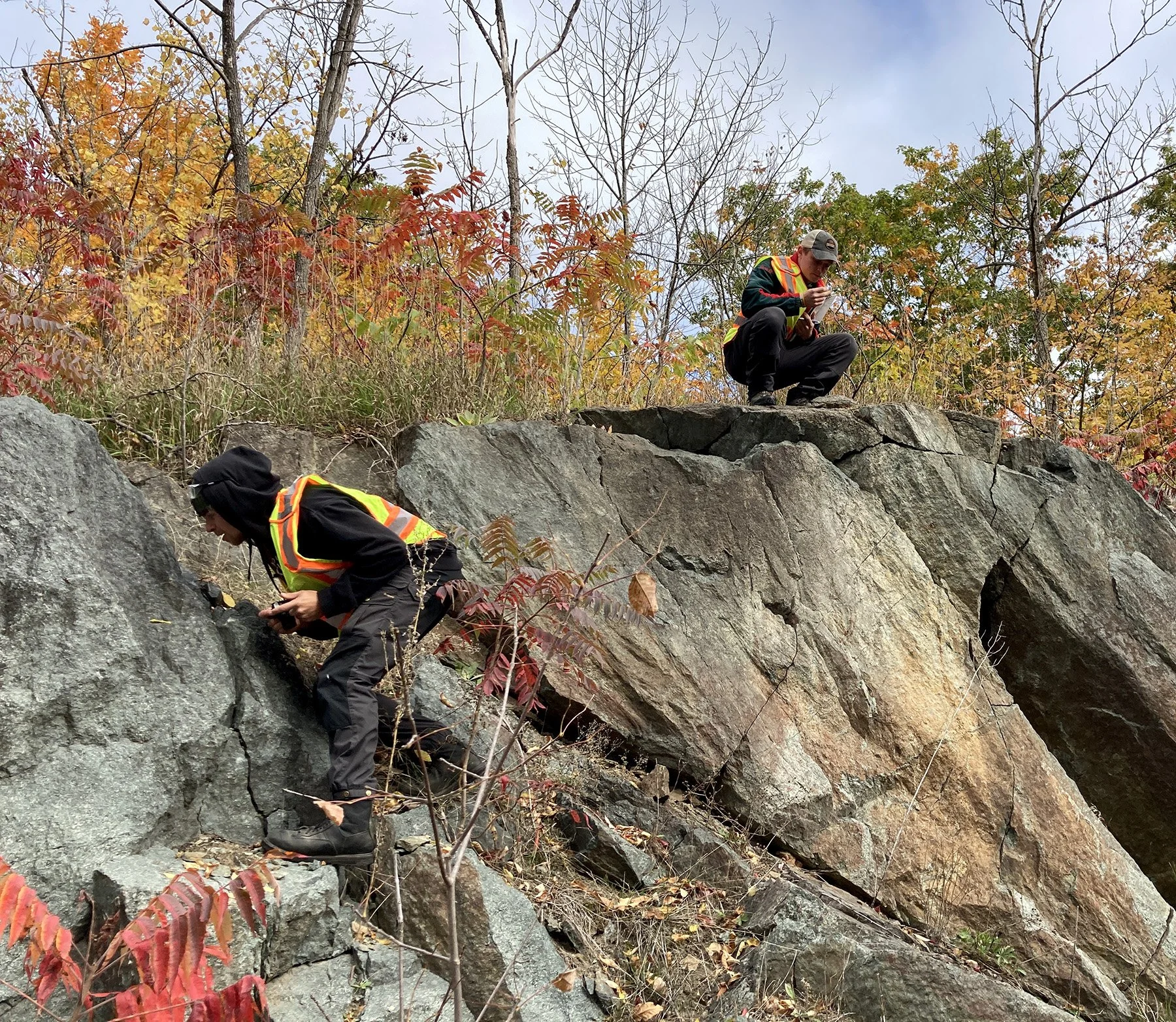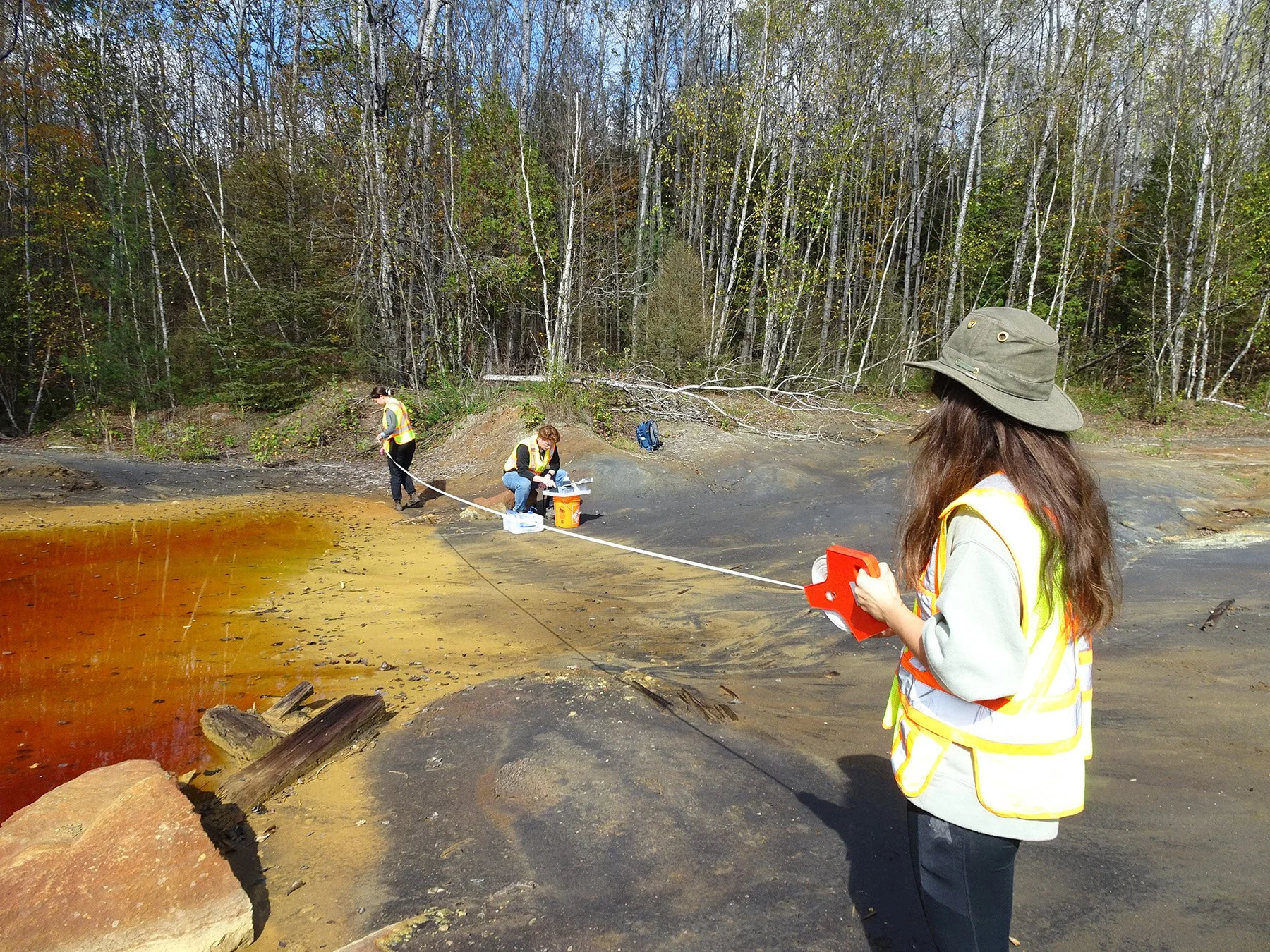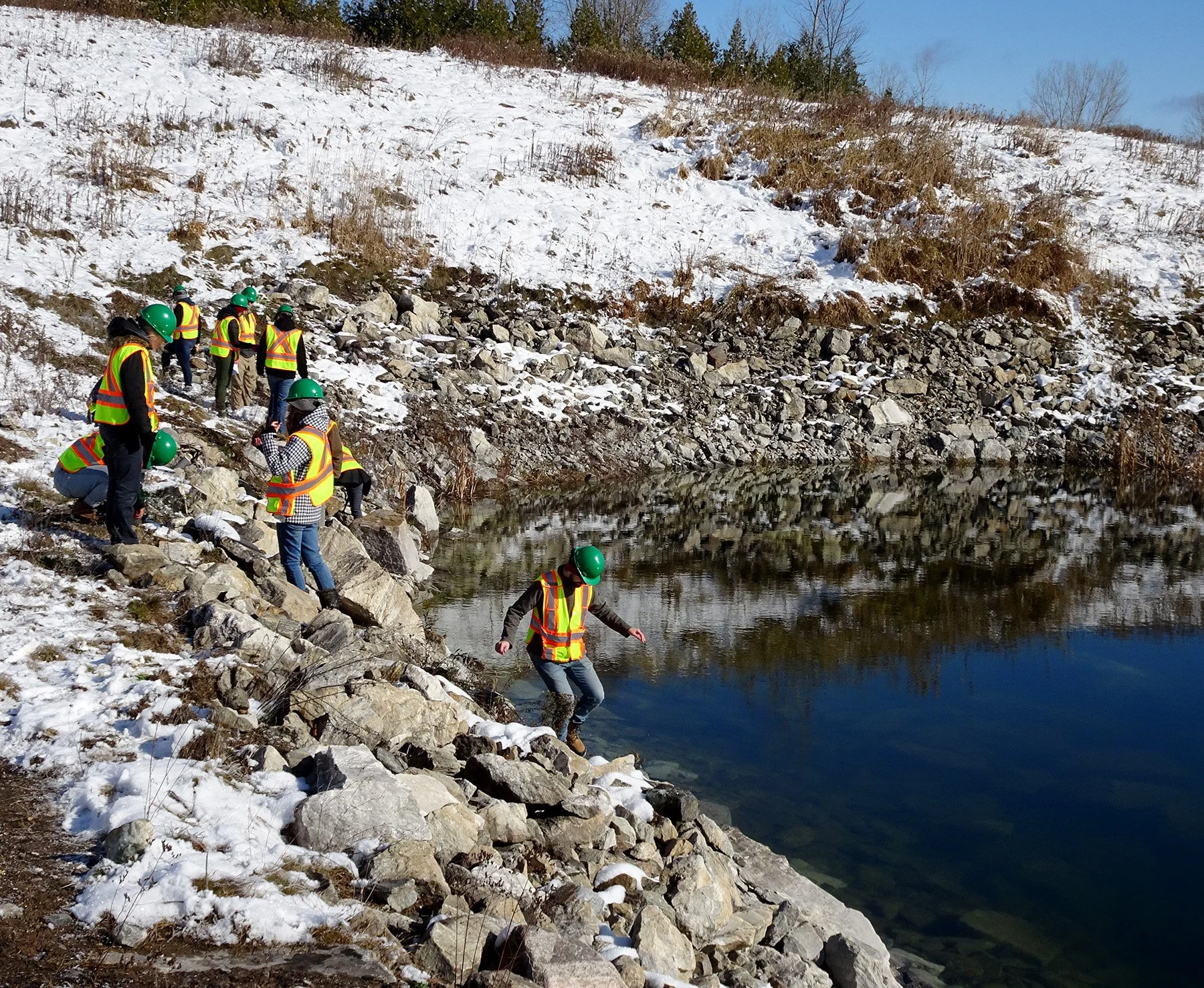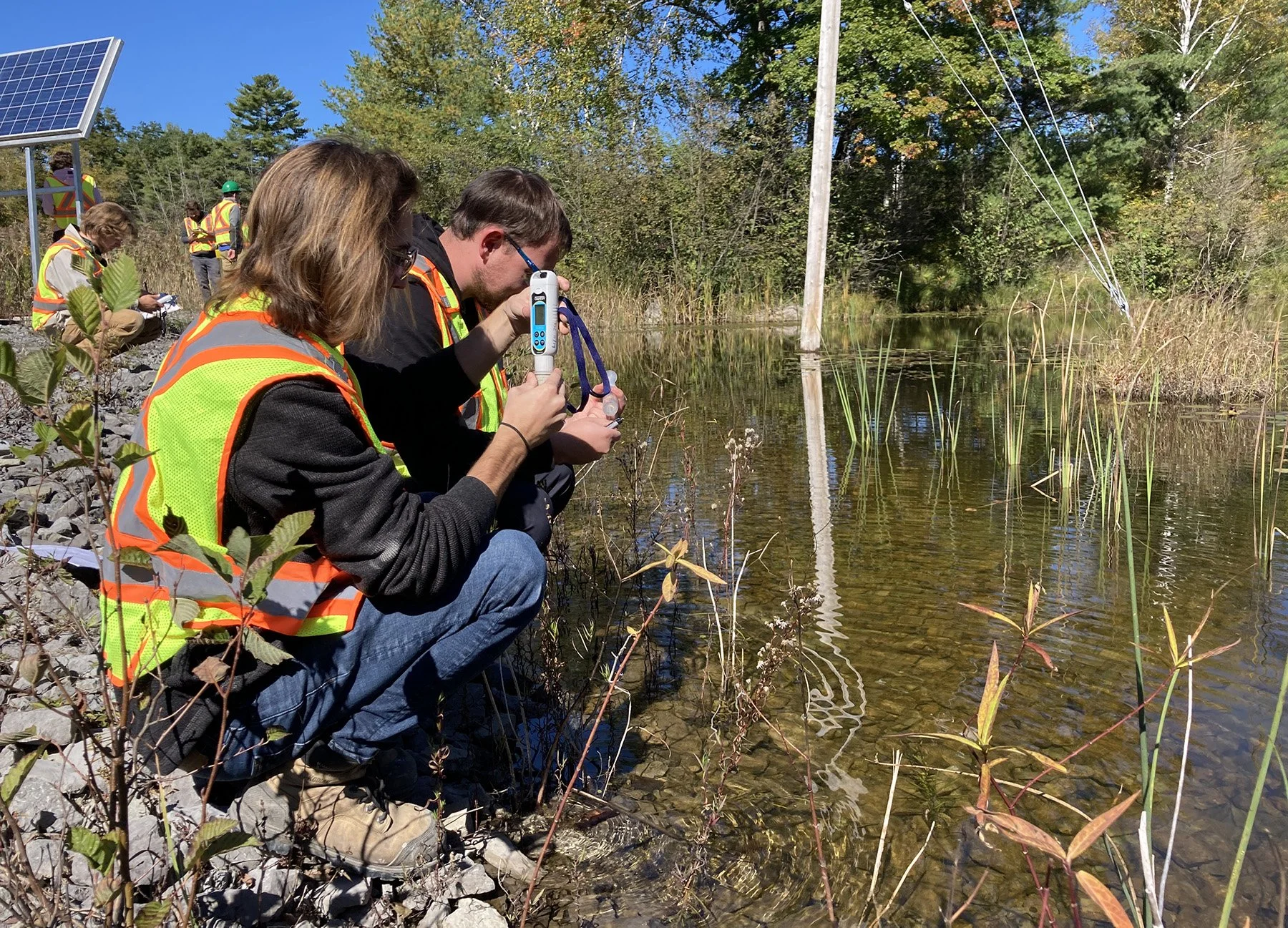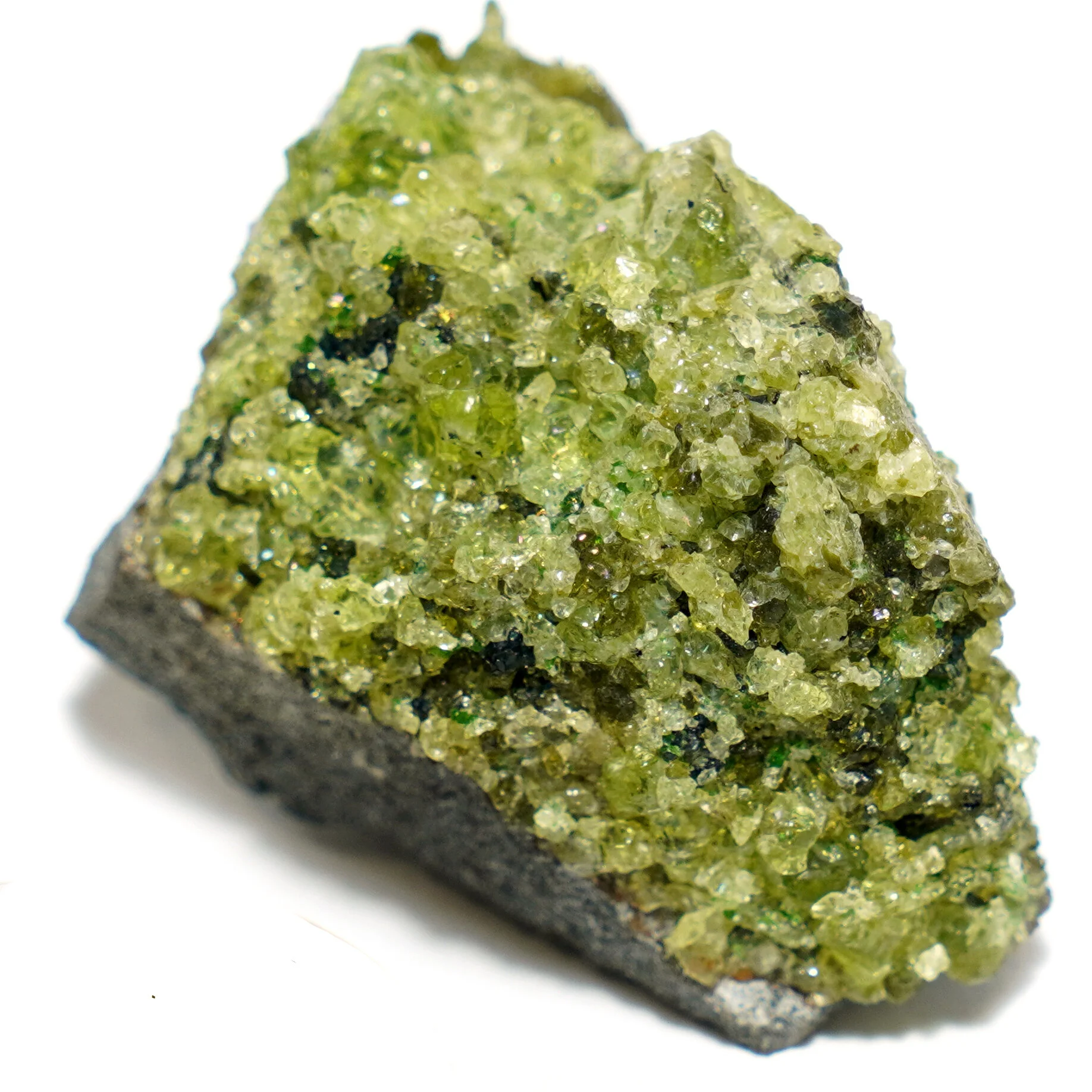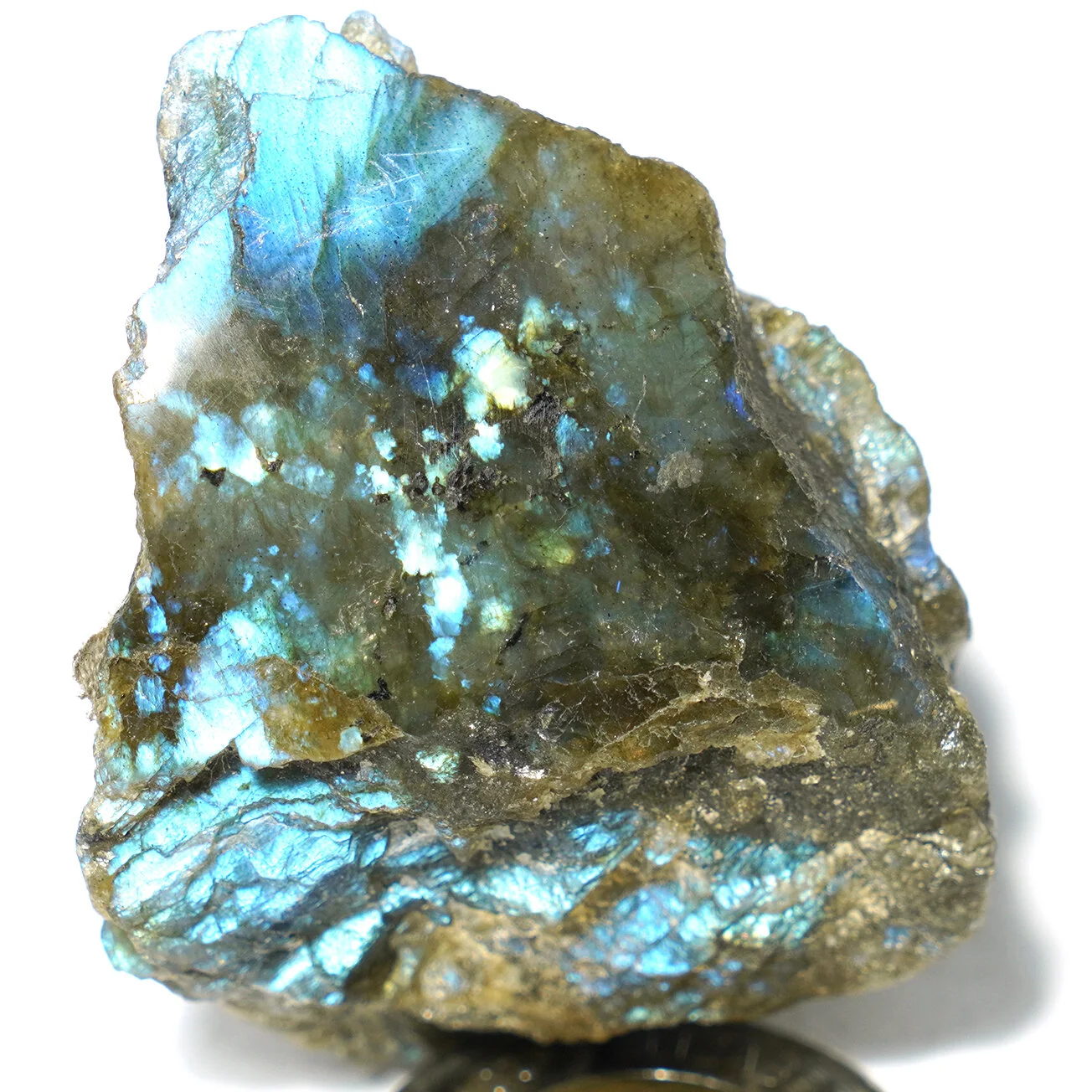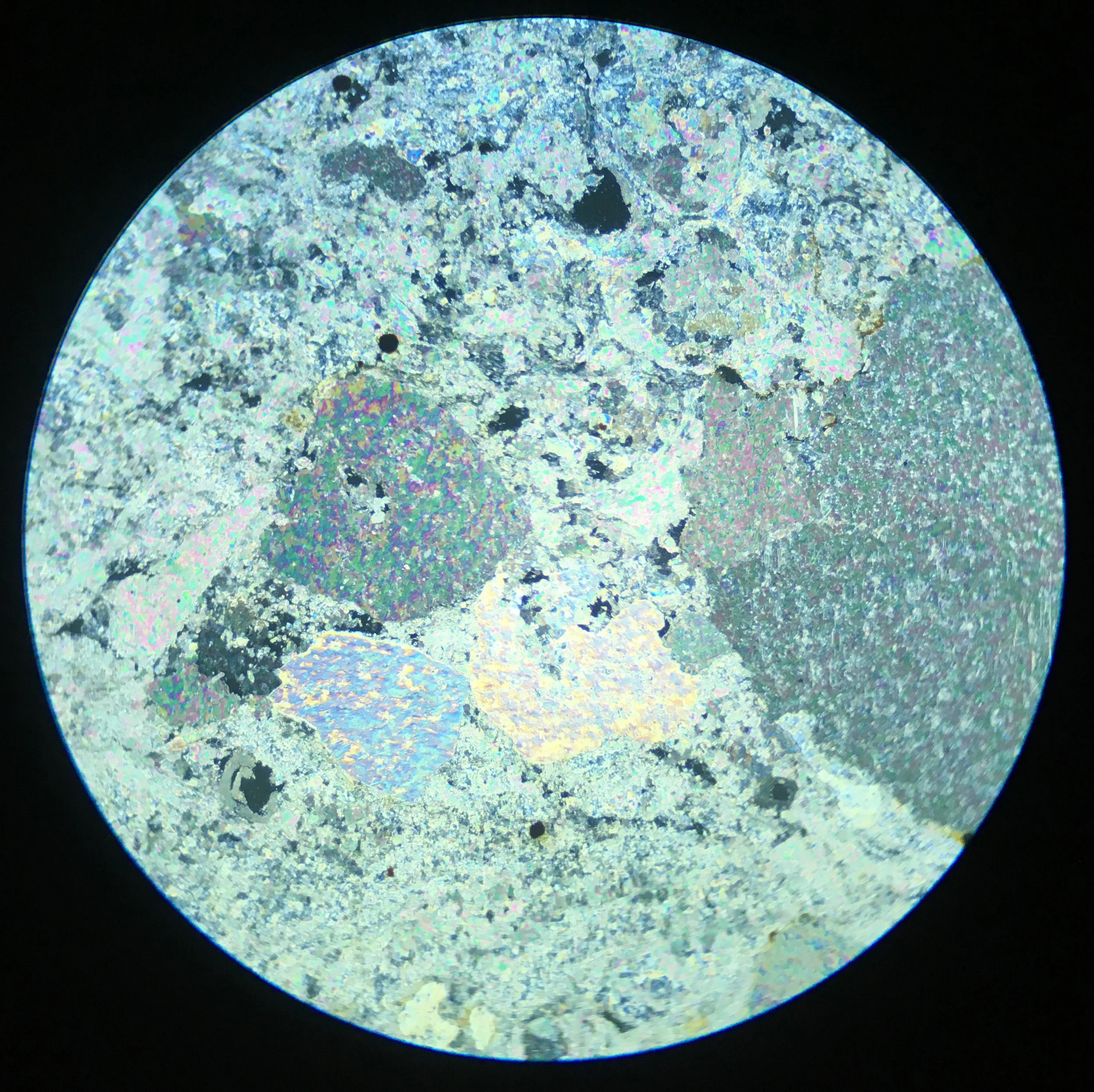Teaching
Environmental Geoscience program at Trent University
Prof. Power is the Program Coordinator for the Environmental Geoscience program at Trent University, Canada’s leading environmental university.
Geoscientists play a crucial role in the sustainable development of Earth resources that individuals, industries, and countries, such as Canada, rely upon every day. Students in Trent’s Environmental Geoscience program study the Earth’s geologic and natural systems to understand the environment and the impacts of human activities. With experiential learning at its core, this professionally accredited program equips students with the skills needed to tackle pressing environmental challenges from climate change to contaminated groundwater to geohazards, leading them to exciting careers as geoscientists.
The program provides students with the knowledge requirements for becoming an accredited Professional Geoscientist (P.Geo.) with the Professional Geoscientists Ontario.
Field Methods in Environmental Geoscience (EGEO3003H), Fall term
Students learn essential field skills, including designing a field study, mapping, and measurement techniques. The geology of Central Ontario and its mining industry are examined along with the potential for environmental impacts. Most instruction takes place during required field trips with students documenting their work in technical reports.
Past exercises have included:
Bancroft - the mineral capital of Canada!
Cordova Mines - investigate acid mine drainage at an historic gold mine
Covia Nepheline Syenite Mine - tour and sample waste rock and tailings
Phytoremediation at Cordova Mines - construct remediation plots
Canada Talc Mine - study this closed remediated mine
Warsaw Caves - map the caves and conduct a water sampling survey
Pyrite Mines - water sampling survey and assessment of mining impacts
Wolf Island Provincial Park - rock identification and geologic mapping
Marmora - geologic sites around this historic mining town
“Ian Power’s Field Methods in Environmental Geoscience has been my favourite class so far. He went out of his way to ensure this course would teach us basic field methods and even have the chance to try and solve environmental geoscience problems on a smaller scale. ”
Earth materials (EGEO2001H), winter term
This introductory mineralogy and petrology course teaches students about the origin, properties, and classification of minerals and rocks with environmental (e.g., human health) and economic importance. Practical laboratory exercises enable students to become proficient at identifying specimens using physical and optical properties.
Laboratory exercises include using petrographic microscopes, examining mineral specimens, as well as igneous, metamorphic and sedimentary rocks… learning about the solid Earth!
“Earth materials was my favourite course in my undergraduate studies. It taught me the importance of rocks and minerals from an environmental and economic standpoint, leading me to amazing research opportunities in Environmental Geosciences!”


